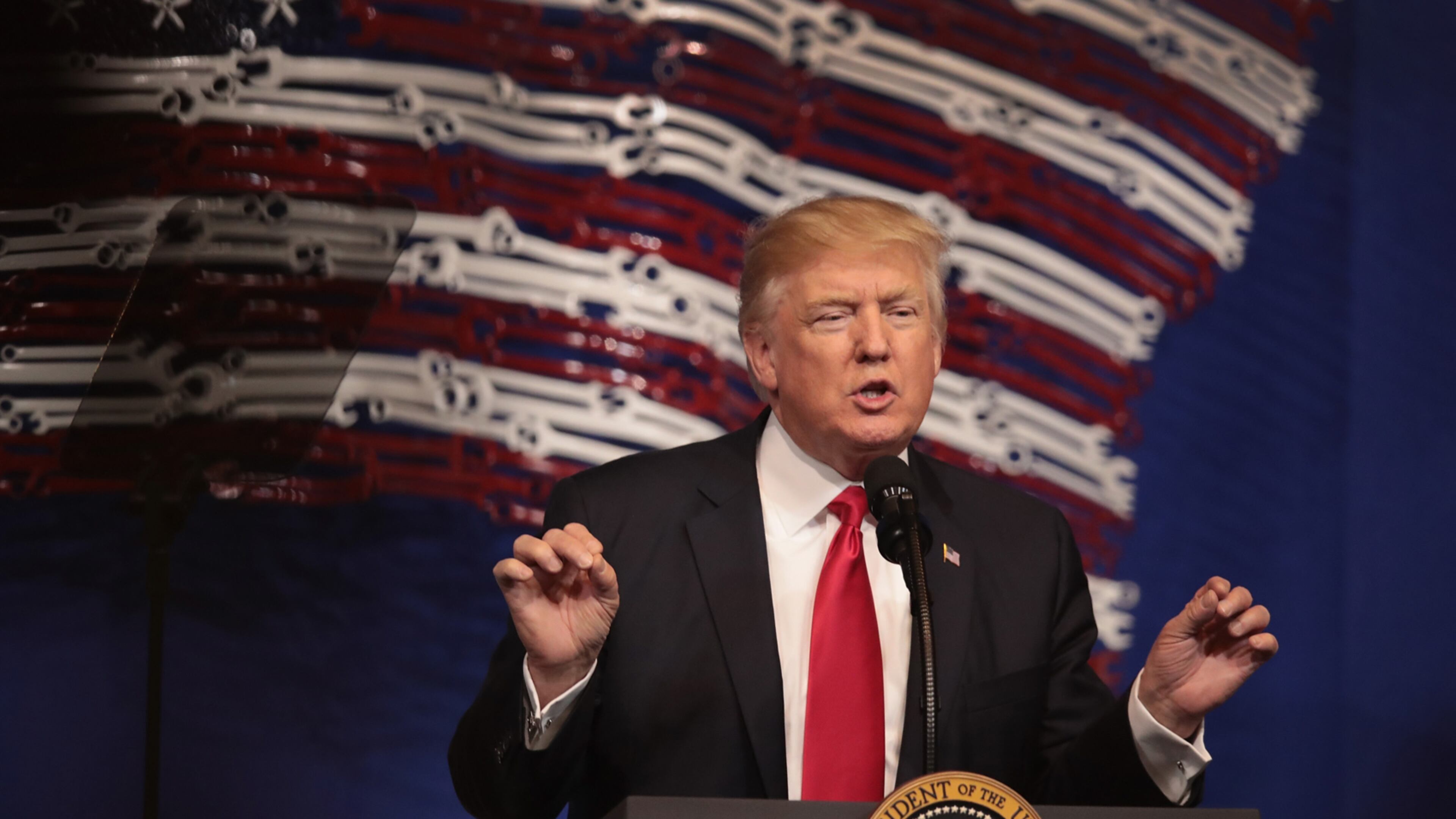7 things to know: Obamacare subsidies in crosshairs of federal budget talks

It's a big week in Washington. Congress has returned to a high-stakes poker game over the federal budget. No matter what the main subject ends up being – a border wall? A big tax cut? Just keeping the checkbook open? – one poker chip now in play is health care funding.
At stake: tens of millions of dollars in subsidies created by the Affordable Care Act that help low-income Americans afford health insurance. Whether those subsidies stay or go, Georgians’ wallets will be affected.
Here are some of the basics about the latest health care controversy in Washington.
Health care? Isn’t that so last month?
So far, Republican efforts to repeal and replace Obamacare seem to be going no where. But health care could still be an important player in budget negotiations underway in D.C. President Donald Trump gave a head-turning interview to the Wall Street Journal in mid-April, threatening to cut a key federal subsidy that makes the health care law function. Among other things, he framed it as a way to force Democrats to the table to cooperate on his spending plans.
OK, subsidies. What subsidies?
The so-called “Cost-Sharing Reduction Subsidies” under Obamacare help poor Americans buy health coverage by helping to cover co-pays, deductibles and other out-of-pocket costs. Without them, many people wouldn’t be able to afford their insurance.
What would be the practical impact of losing the subsidies?
There are no specific estimates right now, but cutting the subsidies could devastate the Obamacare insurance exchanges. About half a million people in Georgia have Obamacare coverage, and many of them get subsidies. Without those dollars, the best customers, the patients who are healthiest, may decide to drop coverage. That would throw the market off balance - leading to spikes in insurance premiums or causing some insurers to pull out of the exchanges altogether.
Georgia is particularly vulnerable to this since 96 counties are now covered by just one insurer, Blue Cross Blue Shield. Even the uncertainty from these headlines now is making insurers jittery.
“Obamacare is dead next month if it doesn't get that money," Trump told the Journal.
What did the president say?
Trump told the Journal that he might have legal qualms about the subsidies – after all, Republicans in Congress filed suit challenging the payments. But he also said, “I don't want people to get hurt … What I think should happen and will happen is the Democrats will start calling me and negotiating."
Furthermore, it’s not just the president. Conservative Obamacare opponents in Congress don’t like the payments, period, and would like them stopped no matter what.
Negotiating what?
There’s a lot at stake, both this week and in the months ahead.
By Friday, April 28, Congress loses the authority to spend, and must renew it or shut down the government. Failure to renew it when the GOP finally holds Congressional majorities and the presidency would look terrible.
Also this week, Trump is expected to propose a longer-term budget. If he asks for border wall funding, or a massive corporate tax cut, he’ll need all the help he can get.
Especially if those plans add to the debt, it doesn't hurt to have a spending cut to offer on the side. Though some research indicates the Obamacare subsidies save the nation money in the end, right off the bat they would be a spending cut.
What’s the rush?
There's another big date this week. On Saturday, April 29, Trump will mark 100 days in office. That means headlines and "report cards," and he wants them to show success. But one of his biggest legislative markers so far is the failure of Obamacare repeal.
I thought Obamacare repeal failed and was over?
Yes and no. The ACA has a lot of moving parts. Stopping the subsidies would be a little like continuing to keep the military but cutting funding for tank fuel. You’d still have health insurance plans, but they wouldn’t be as useful to patients.
Also, many conservative voters howled at the paltry GOP repeal steps. Stopping the subsidies would be a substantial victory for them.


